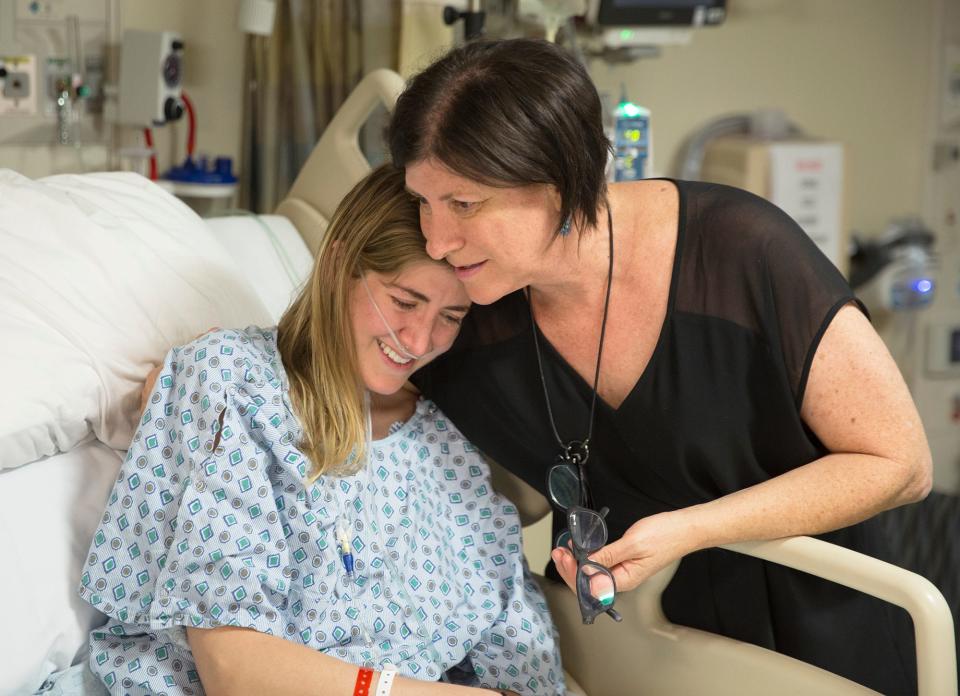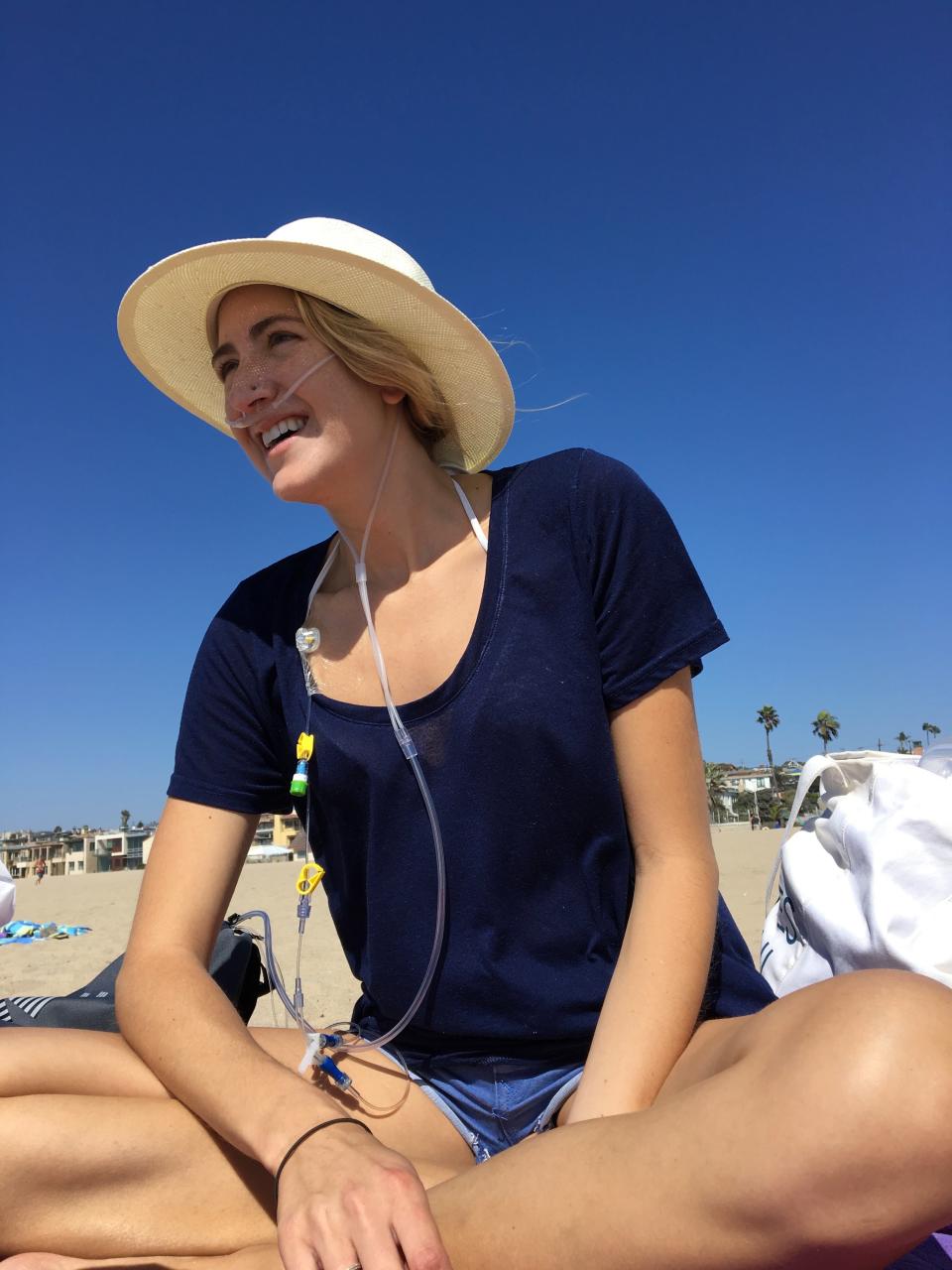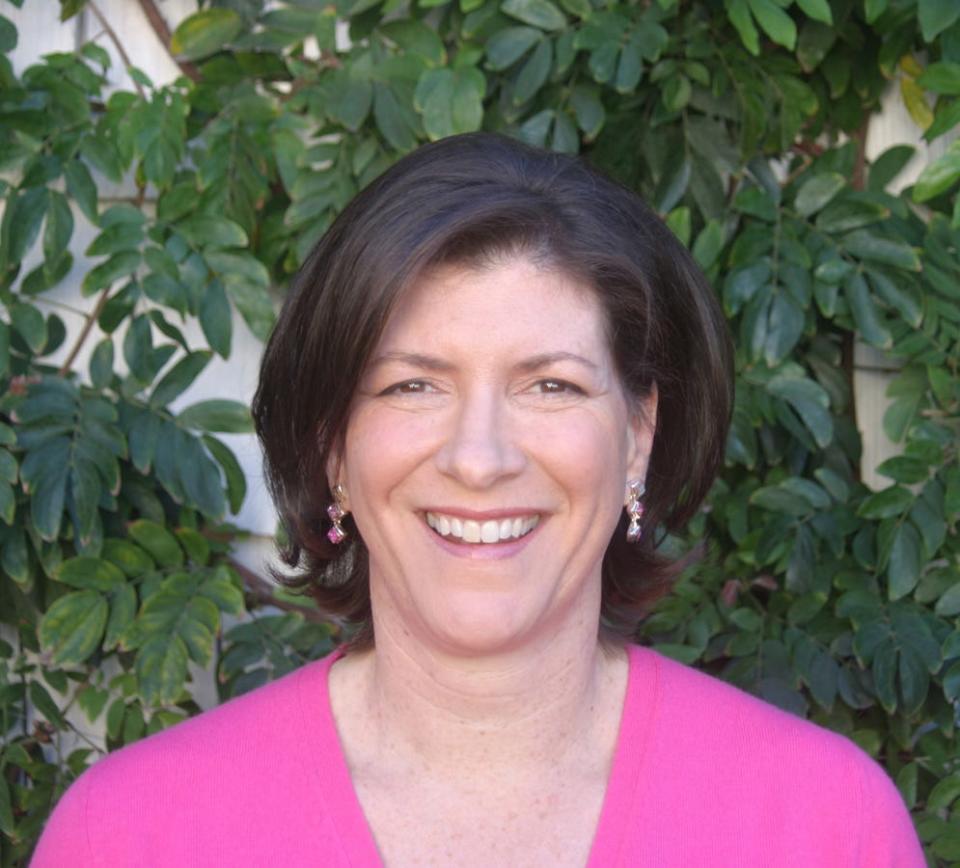A superbug killed my daughter at 25. Here's how Congress can save others.
Five years ago, my daughter Mallory died. She had just turned 25. The coroner recorded her cause of death as cystic fibrosis, a disease that inflicts severe damage to the lungs and other organs. In fact, what killed her was a bacterial infection that had grown resistant to antibiotics.
I'm not a doctor, a lobbyist or an investor in a drug company. I am a grieving mom trying to make sense of the world and my place in it now that my daughter is gone, and an advocate for legislative and other solutions to a problem. Mallory's death was preventable.
I don't want others to suffer the way she did.
A silent pandemic: Bacteria kills more than HIV, malaria
Cystic fibrosis is just one community disproportionately affected by antimicrobial resistance, or AMR. People who have lost limbs, struggle with cancer or are infected with HIV, among other medical conditions, are also at heightened risk. In fact, we all are. Even the very healthy can end up with sepsis or a potentially deadly superbug from a simple cut or a routine hip replacement.
Drug-resistant infections, otherwise known as antimicrobial resistance or AMR, will kill more people worldwide this year than HIV or malaria.
World Health Organization: Infodemic spreads faster than viruses. We need an international treaty.
The Centers for Disease Control and Prevention is reporting that the COVID-19 pandemic has made this problem worse, while the World Health Organization says resistant bacteria kills 700,000 people annually and is on track to kill 10 million a year by 2050 if no action is taken.
And yet, AMR is a silent pandemic. We need a global Aha! moment about this urgent public health crisis. We need to put a face to the issue.

Remembering Mallory
Mallory is one of the many millions who have died – or who will die – from drug-resistant infections. She was just 12 when B. cepacia, the bacteria that would eventually kill her, took up residence in her lungs.
Before it became fully resistant, she played varsity sports in high school and graduated Phi Beta Kappa from Stanford. Mallory looked like the girl who had it all – privilege, access and the best health care money could buy. She would have traded everything for the chance to take a breath that didn't hurt, to have a life that wasn't defined by illness.
Opinions in your inbox: Get a digest of our takes on current events every day
She documented that life in thousands of journal entries over the years. Her memoir, "Salt in My Soul," was published posthumously by Random House in 2019. It was made into a documentary of the same name earlier this year by 3 Arts Entertainment.
Mallory's story has become a testament to the power of the patient voice, and a compelling argument for phage therapy, a century-old treatment that uses viruses to kill bacteria. It was all but abandoned when penicillin was discovered.
Opinion alerts: Get columns from your favorite columnists + expert analysis on top issues, delivered straight to your device through the USA TODAY app. Don't have the app? Download it for free from your app store.
Mallory was the first cystic fibrosis patient in the United States to receive this treatment. It didn't save her, but the autopsy showed proof of concept: The phages had reached their targets and started to work. Her case has served as a catalyst for interest in this promising option.
The first clinical trial funded by the National Institutes of Health using phages for cystic fibrosis patients is finally happening, and additional phage therapy centers in the United States have been established with many more doing important research.

The science is there. Funding is not.
We need funding for new antibiotics, antifungals and phages, because of the diminishing effectiveness of our current arsenal of treatments. This will only come with policies that incentivize research and development of antibiotics, antifungals and phage therapies to replace the ones that no longer work. Without new and novel options, many millions will keep dying.
AMR experts argue that the science is there to fix the problem. The economics are not.
Antibiotic-resistant bacteria: Here's how we can defeat these 'superbugs'
Kevin Outterson, a law professor at Boston University and the executive director of CARB-X, a global nonprofit accelerator focused on the most dangerous bacteria, says that the business model is broken, that developing new antibiotics is unprofitable. To be effective, these drugs must be prescribed sparingly and for short stints. The market is limited by design.

A bill before the U.S. Congress would build a solid infrastructure for development and in doing so incentivize drug manufacturers ultimately to better enable us to battle AMR. The bipartisan PASTEUR Act would create a market for new and novel antibiotics to ensure patients continue to benefit from these wonder drugs. Lawmakers could pass this bill anytime between now and the start of the 118th Congress in January.
The government's failure to act will cost us all. Currently, treating multidrug-resistant pathogens in the United States costs $4.6 billion a year. And as more pathogens become resistant to treatments, by 2035, it could cost as much as $28.7 billion just for hospital-acquired infections alone, according to the Partnership to Fight Infectious Disease.

Saving lives isn't a partisan issue. We desperately need legislative action. Antimicrobial resistance is fixable, and every month this goes by without a solution means more patients die.
Diane Shader Smith is a writer, speaker and advocate for storytelling to improve health outcomes with a special interest in cystic fibrosis and antimicrobial resistance.
You can read diverse opinions from our Board of Contributors and other writers on the Opinion front page, on Twitter @usatodayopinion and in our daily Opinion newsletter. To respond to a column, submit a comment to letters@usatoday.com.
This article originally appeared on USA TODAY: A drug-resistant infection killed my daughter. It was preventable.

